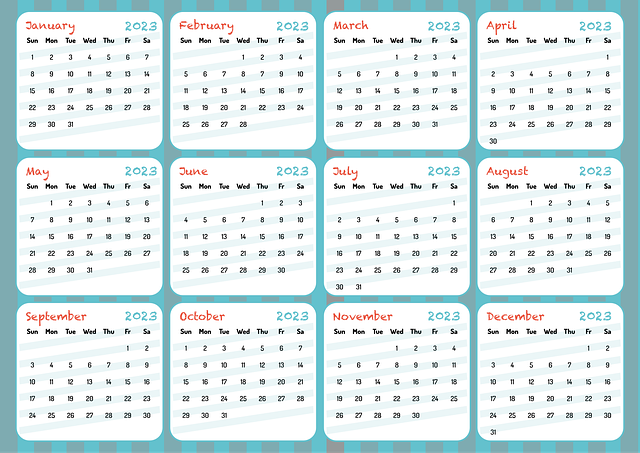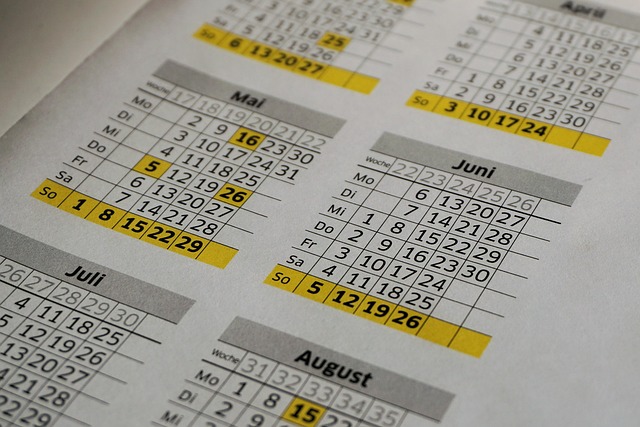Event planning for local businesses thrives on understanding community demographics, interests, and culture through market research and collaboration with leaders. By creating personalized events like culinary festivals or networking meetups featuring local talent, organizers maximize engagement, strengthen community bonds, and drive business growth. Effective strategies include leveraging digital tools for discoverability and aligning events with local economic goals, environmental concerns, and cultural diversity.
In the dynamic landscape of local business, hosting successful events is a powerful strategy to engage communities and drive growth. This comprehensive guide, tailored for event planners and aspiring hosts, explores the art of creating memorable gatherings. From understanding diverse audiences to mastering logistics and effective marketing, we delve into the essential aspects of event planning for local businesses. Discover how to craft events that resonate, attract attendees, and foster lasting connections within your community.
- Understanding Your Local Audience: Tailoring Events for Maximum Impact
- – Identifying community needs and interests
- – Market research for event planning success
Understanding Your Local Audience: Tailoring Events for Maximum Impact

Understanding your local audience is a cornerstone of successful event planning for local businesses. By delving into demographics, interests, and cultural nuances, organizers can create events that resonate deeply with attendees. This tailored approach maximizes engagement, fosters community connections, and ultimately drives business growth. Event planners should leverage local knowledge, collaborate with community leaders, and conduct market research to gain insights into the audience’s preferences and needs.
For instance, a local business hosting a festival could integrate regional culinary delights, showcase emerging local artists, and feature entertainment that appeals to families or young adults based on their research. Such personalization ensures events are not just gatherings but meaningful experiences that attract diverse participants, contributing to the event’s overall success and the vibrancy of the local community.
– Identifying community needs and interests

Successful event planning starts with a deep understanding of the local community and its needs. When planning events for local businesses, it’s crucial to identify what resonates with the specific demographics and interests within that area. This involves conducting thorough research and engaging directly with potential attendees through surveys, focus groups, or even informal conversations. By listening to the community, event organizers can tailor experiences that cater to their desires, whether it’s a family-friendly festival celebrating local culture, a networking meetup for entrepreneurs, or an art exhibition showcasing emerging talent from the region.
Identifying community needs and interests is not just about gathering data; it’s about fostering connections and building a sense of belonging. Event planners should consider factors like local economic goals, environmental concerns, and cultural diversity to create inclusive and impactful gatherings. This holistic approach ensures that events not only attract attendees but also leave a lasting positive impact on the community, fostering a stronger bond between local businesses, residents, and visitors alike.
– Market research for event planning success

Market research is an indispensable tool for event planners aiming to craft successful local events that resonate with target audiences. By delving into demographic data, understanding community preferences, and identifying local trends, planners can tailor experiences that cater to attendees’ interests. This strategic approach ensures event planning for local businesses aligns with the needs and desires of their potential customers, fostering higher attendance, engagement, and overall satisfaction.
Effective market research involves gathering insights from various sources, including surveys, focus groups, social media analytics, and local business associations. These methods provide valuable data on target audiences’ behaviors, motivations, and pain points, enabling planners to design events that not only attract but also deliver memorable experiences. Incorporating relevant keywords related to event planning for local businesses throughout the research process optimizes visibility in today’s digital era, making it easier for potential attendees to discover and engage with these events.
Effective event planning for local businesses begins with a deep understanding of the target audience. By identifying community needs, interests, and preferences through market research, organizers can create events that resonate deeply, attract diverse participation, and ultimately drive business success. This tailored approach ensures events are not just memorable but also highly impactful in fostering community engagement and strengthening local economies. For event planners, mastering these strategies is key to hosting events that leave a lasting, positive impact on both the businesses involved and the broader community.
